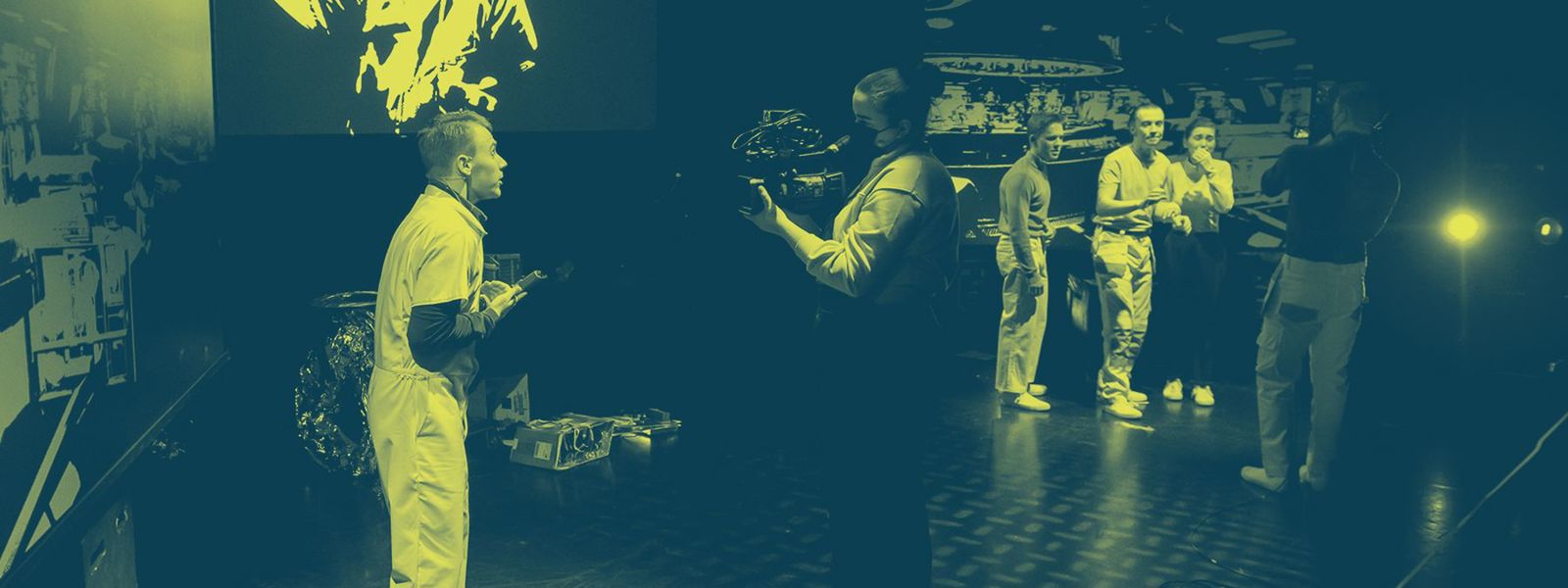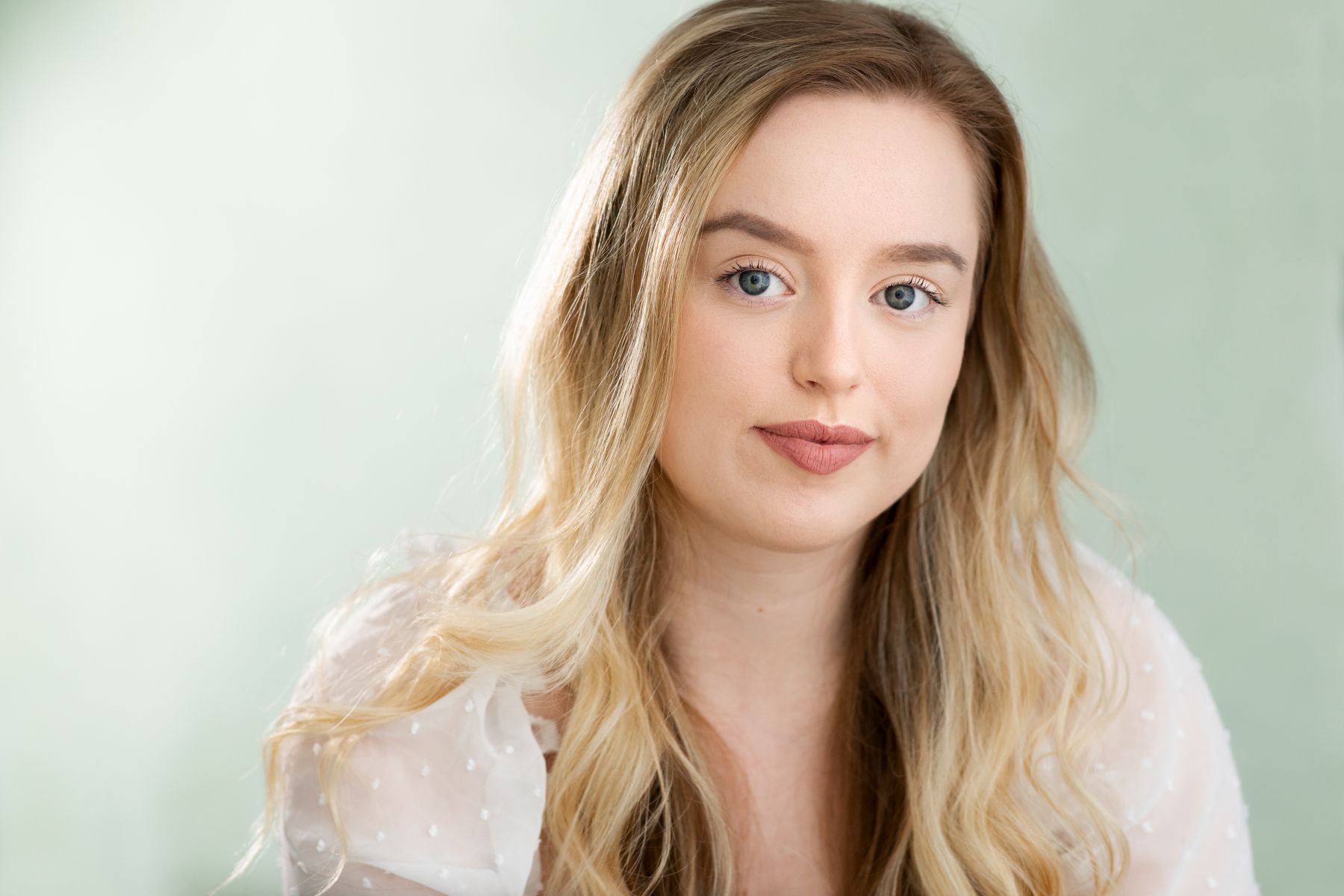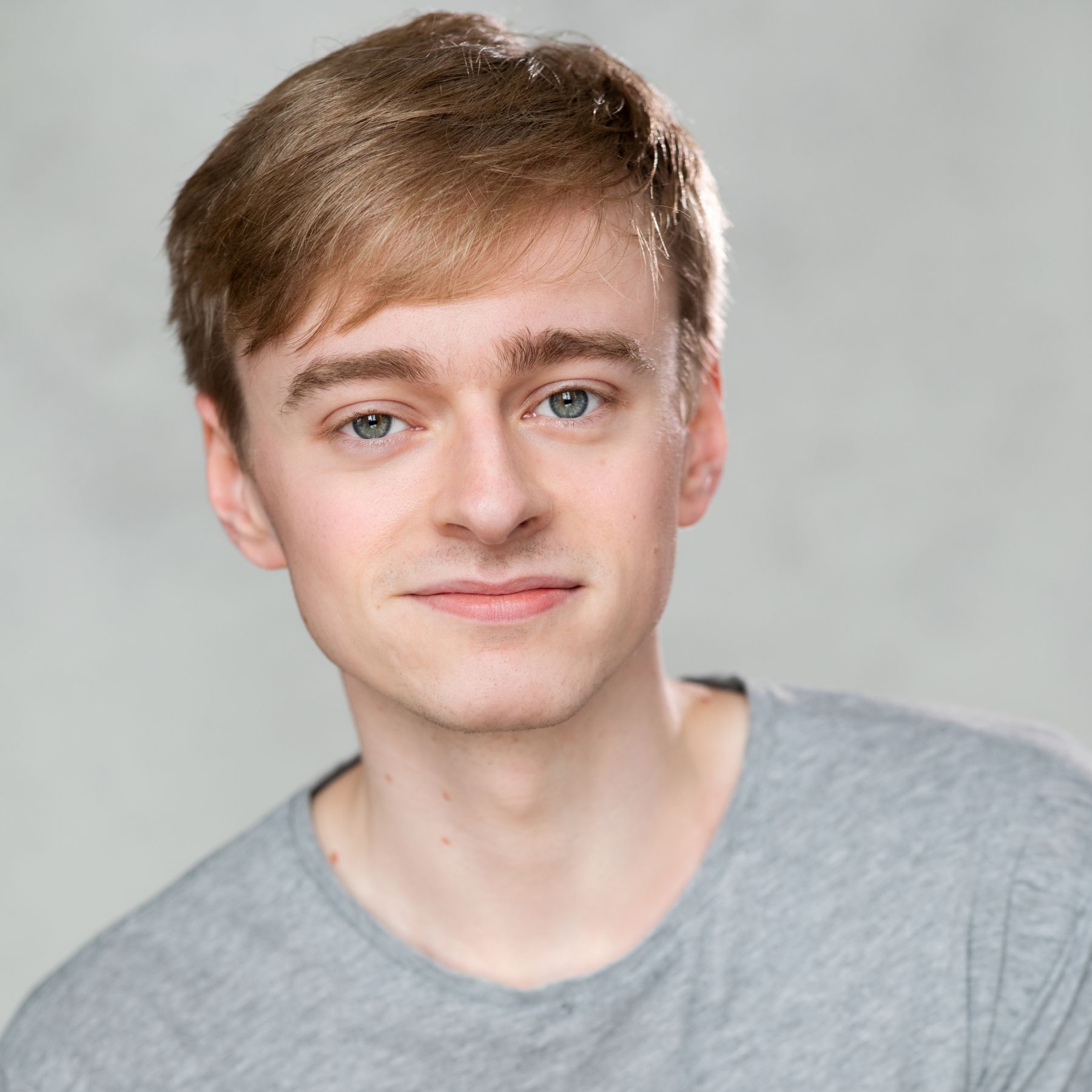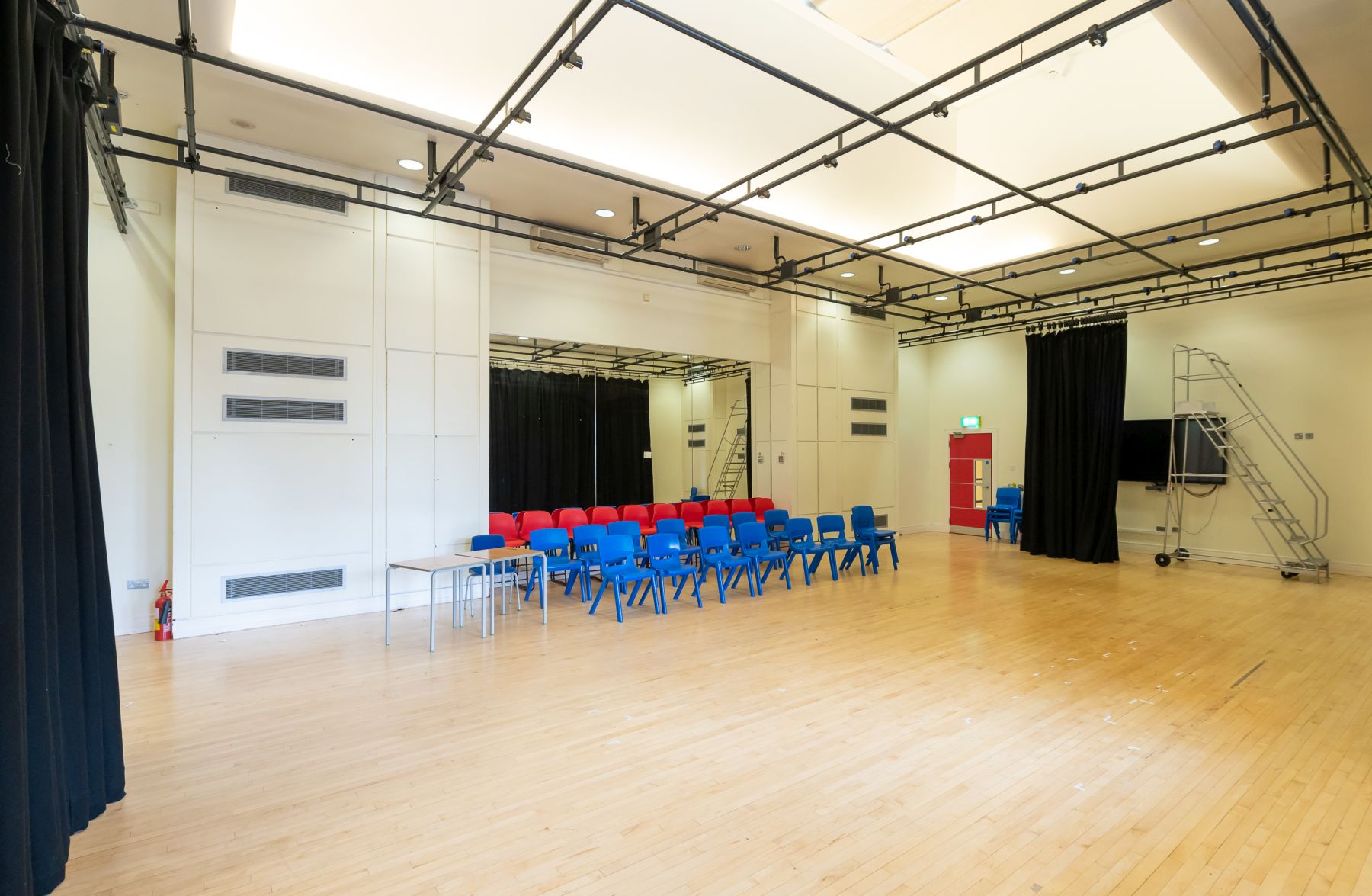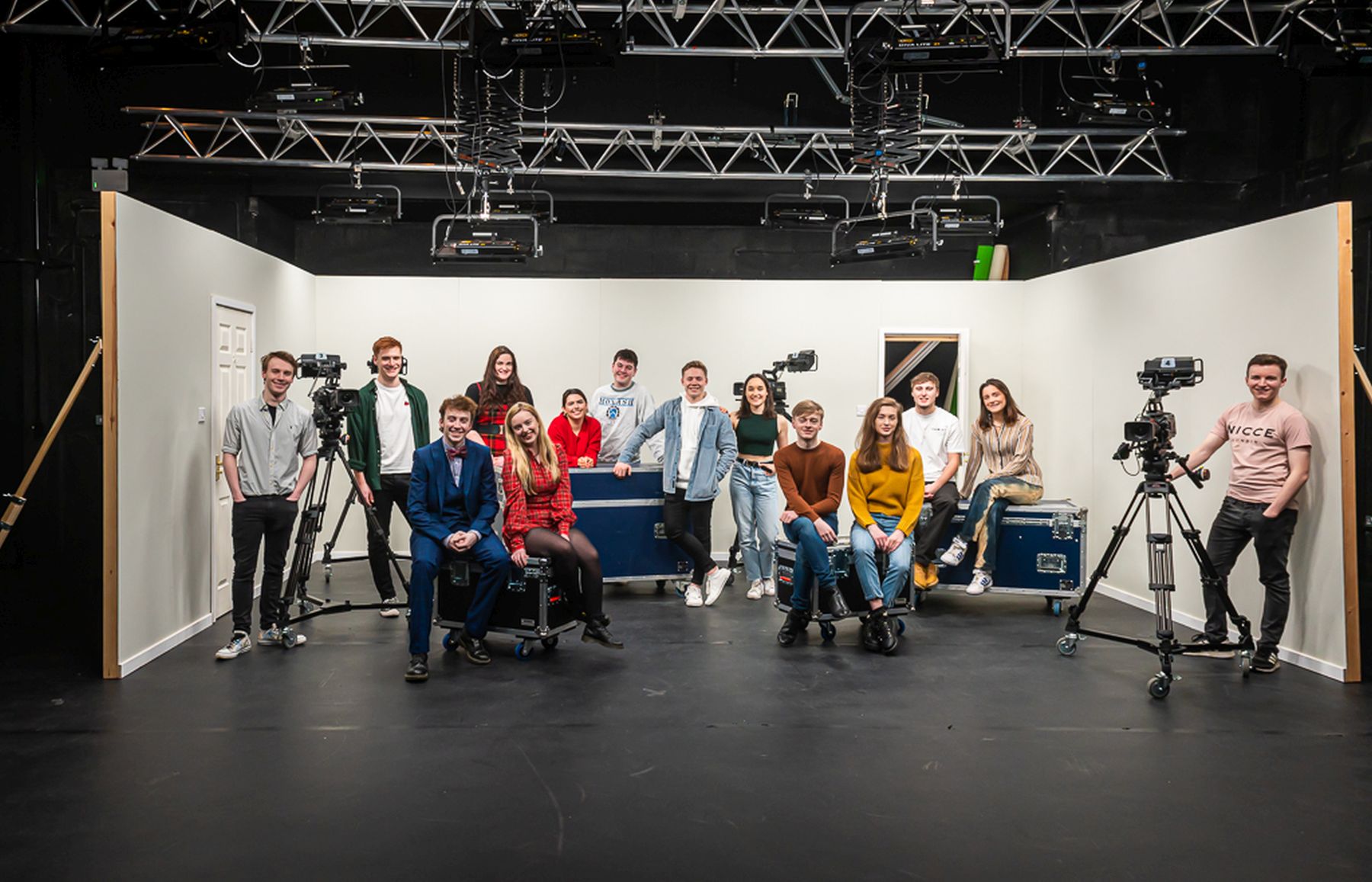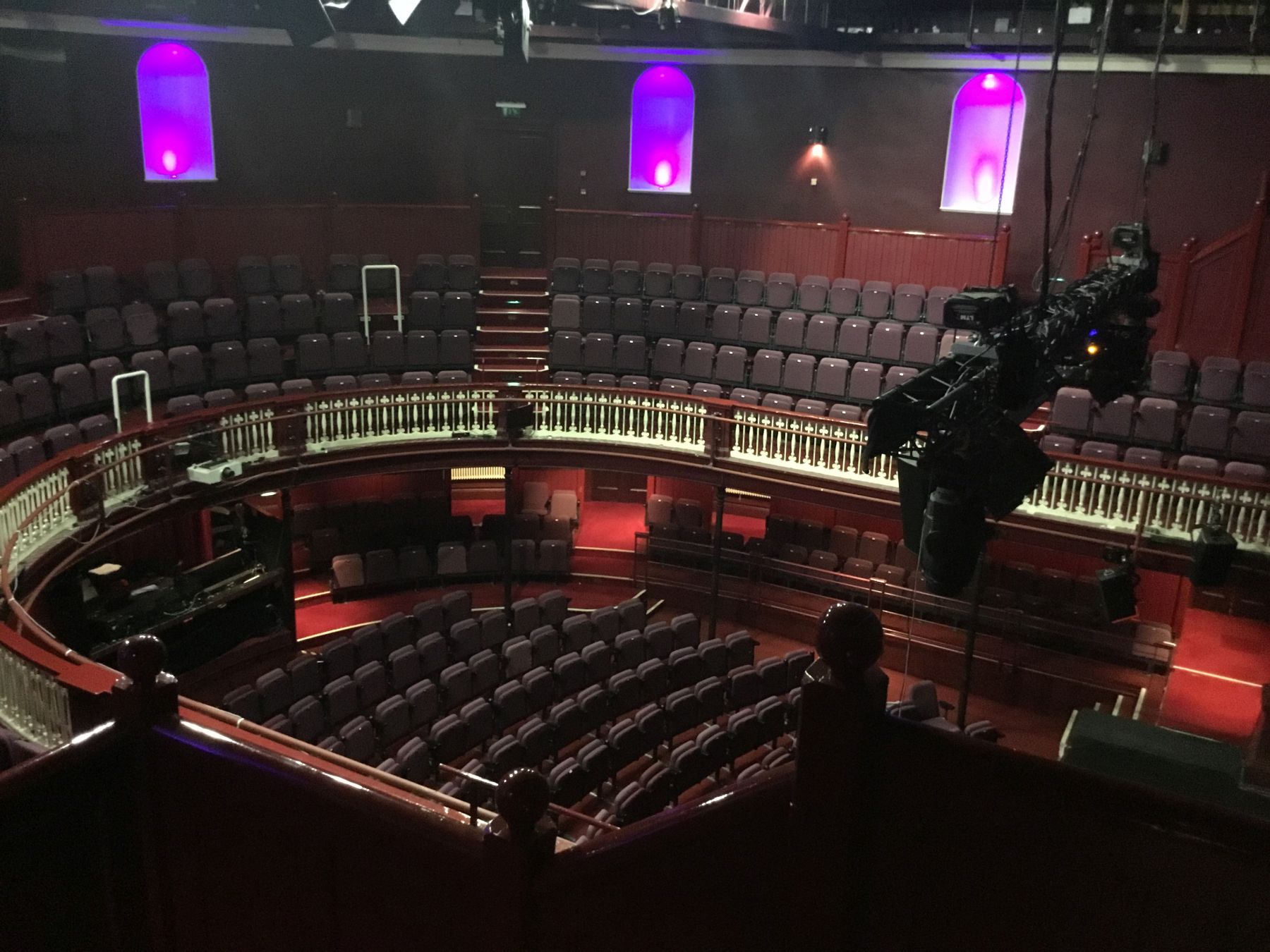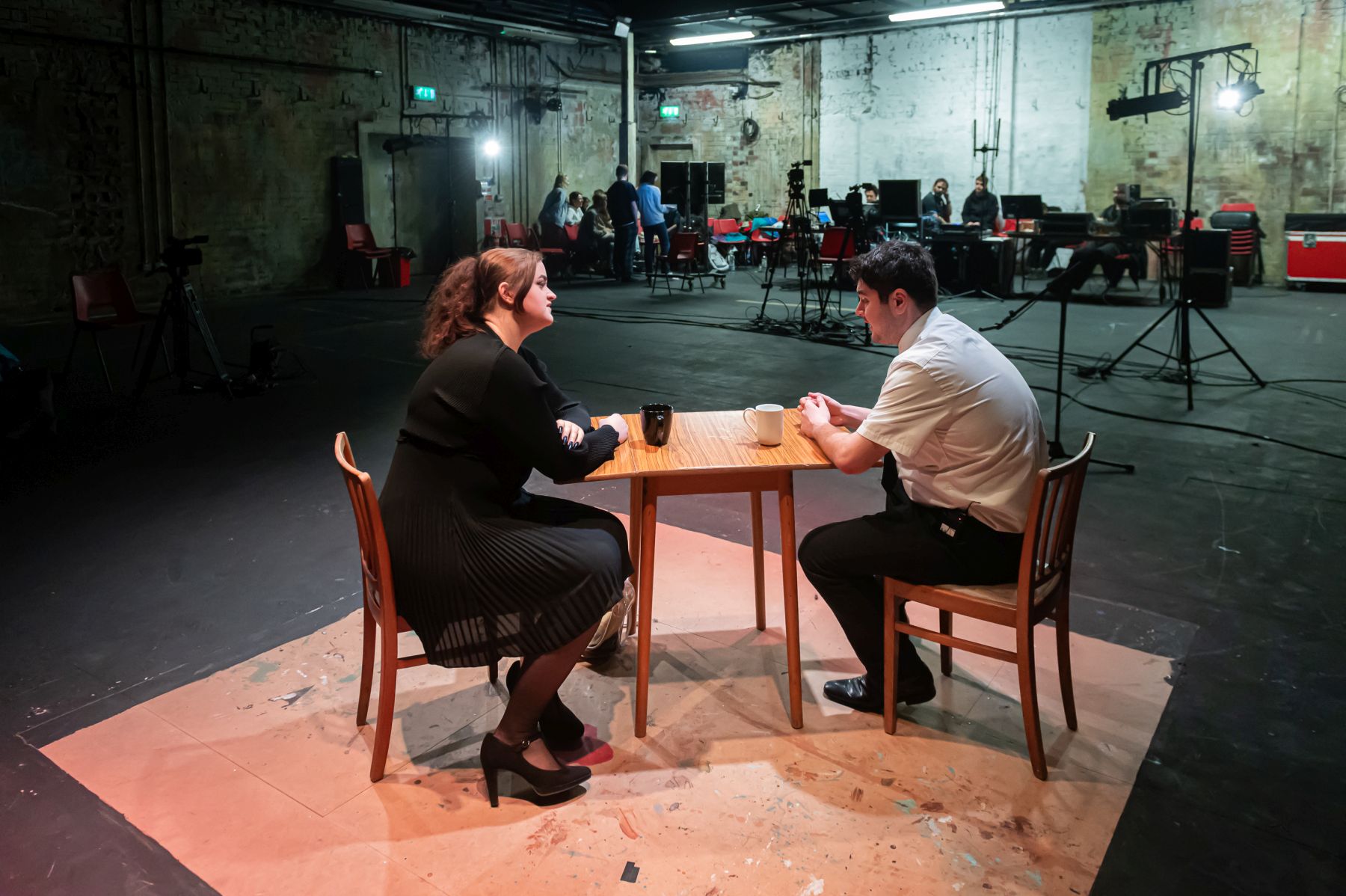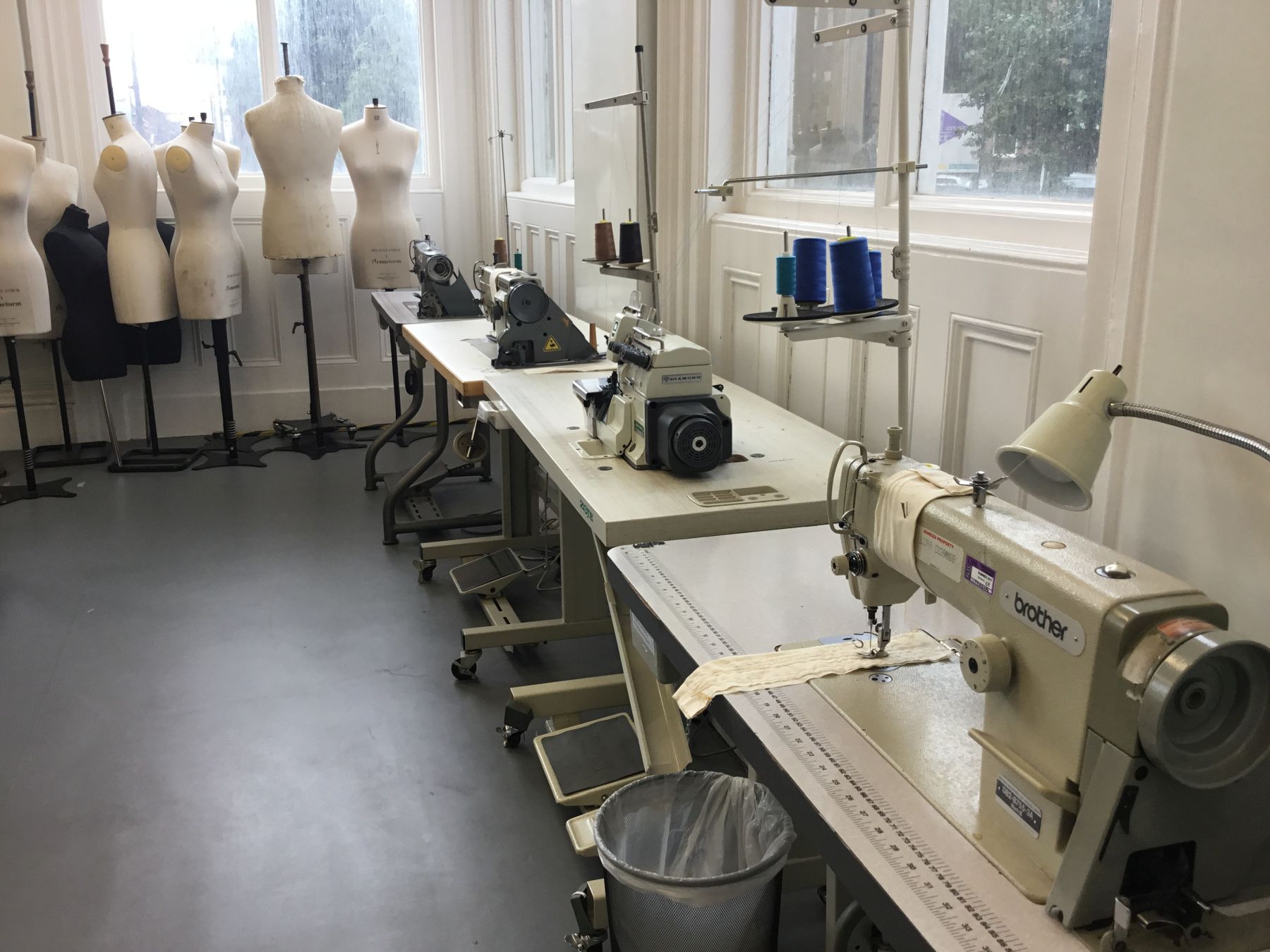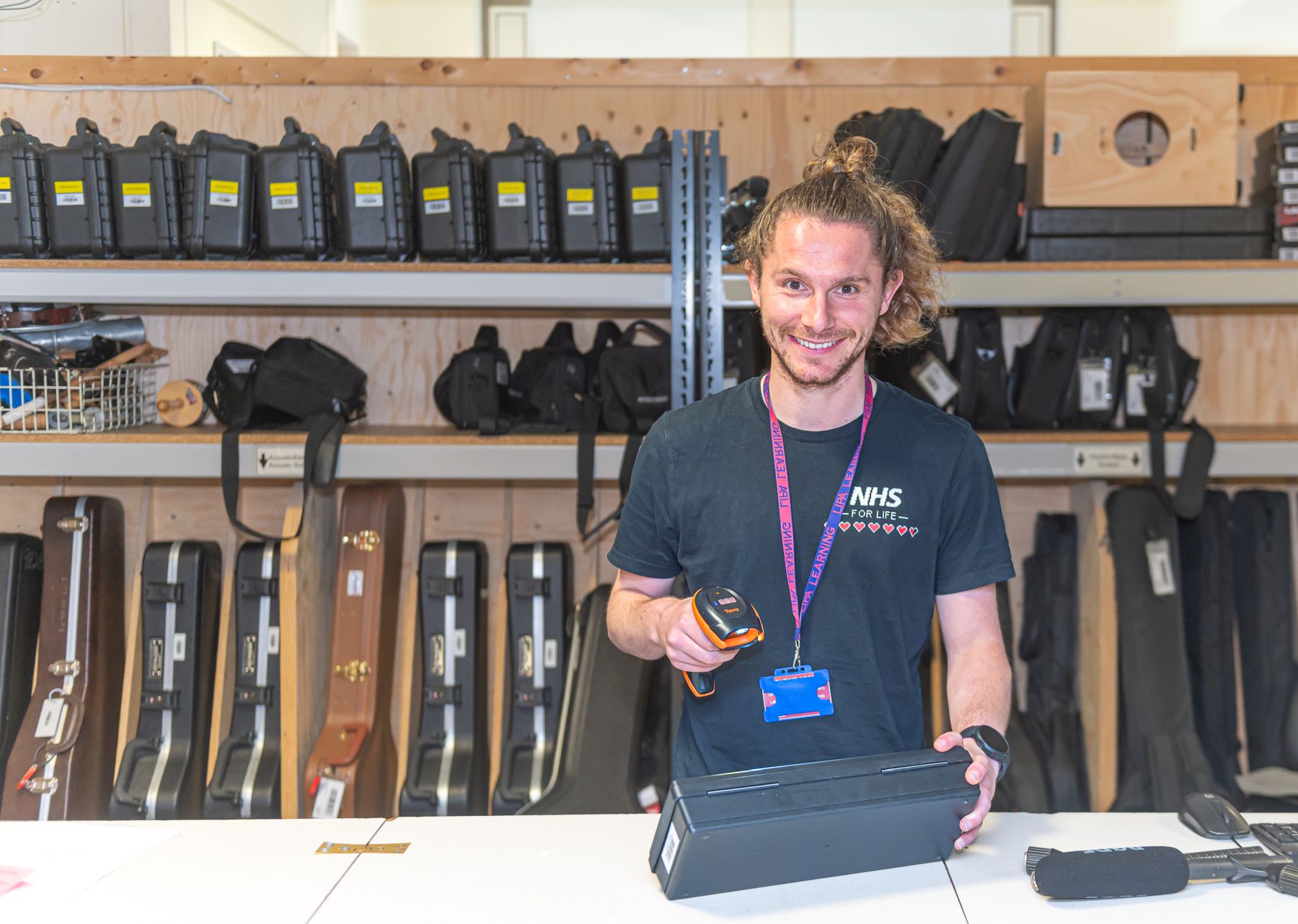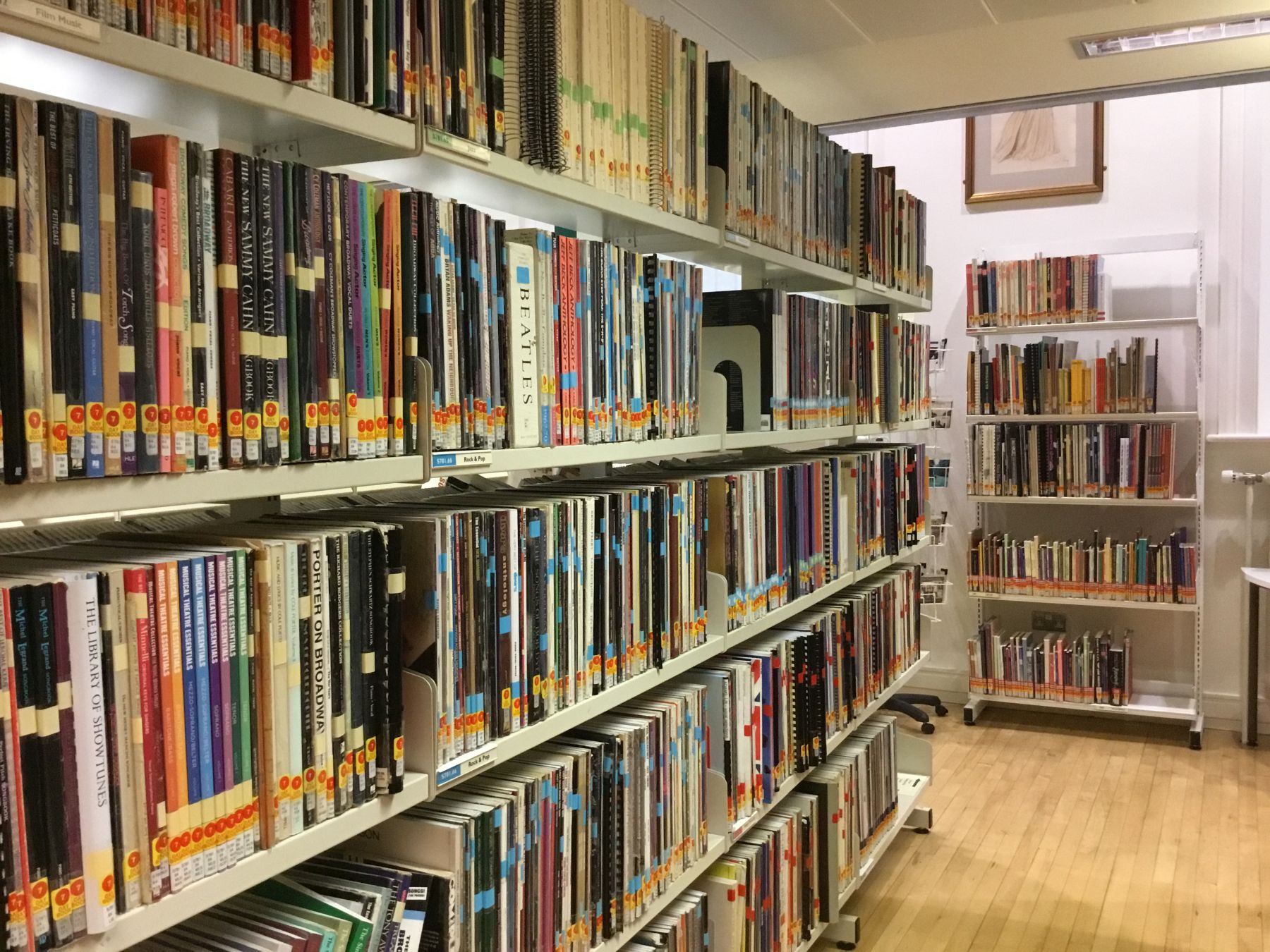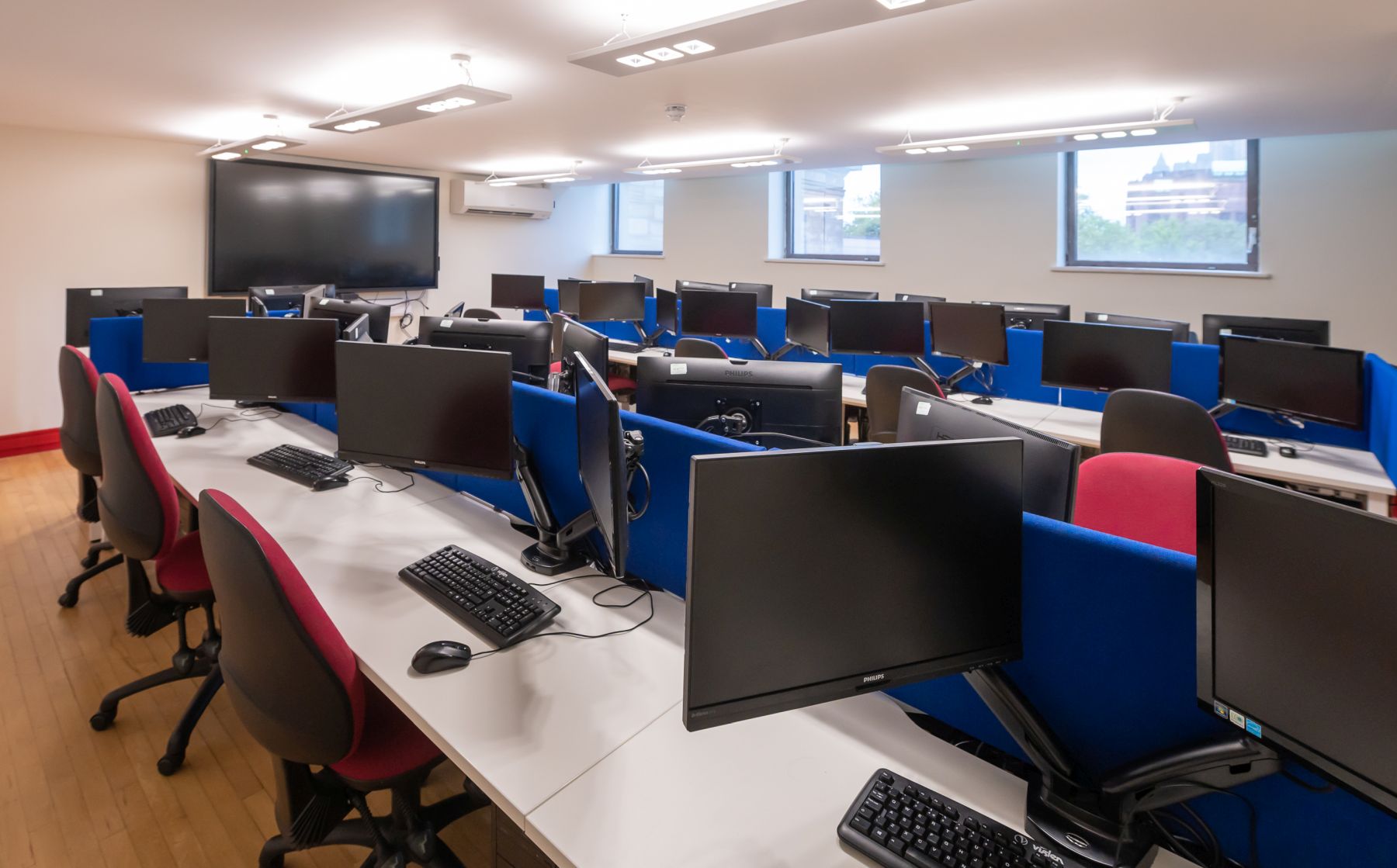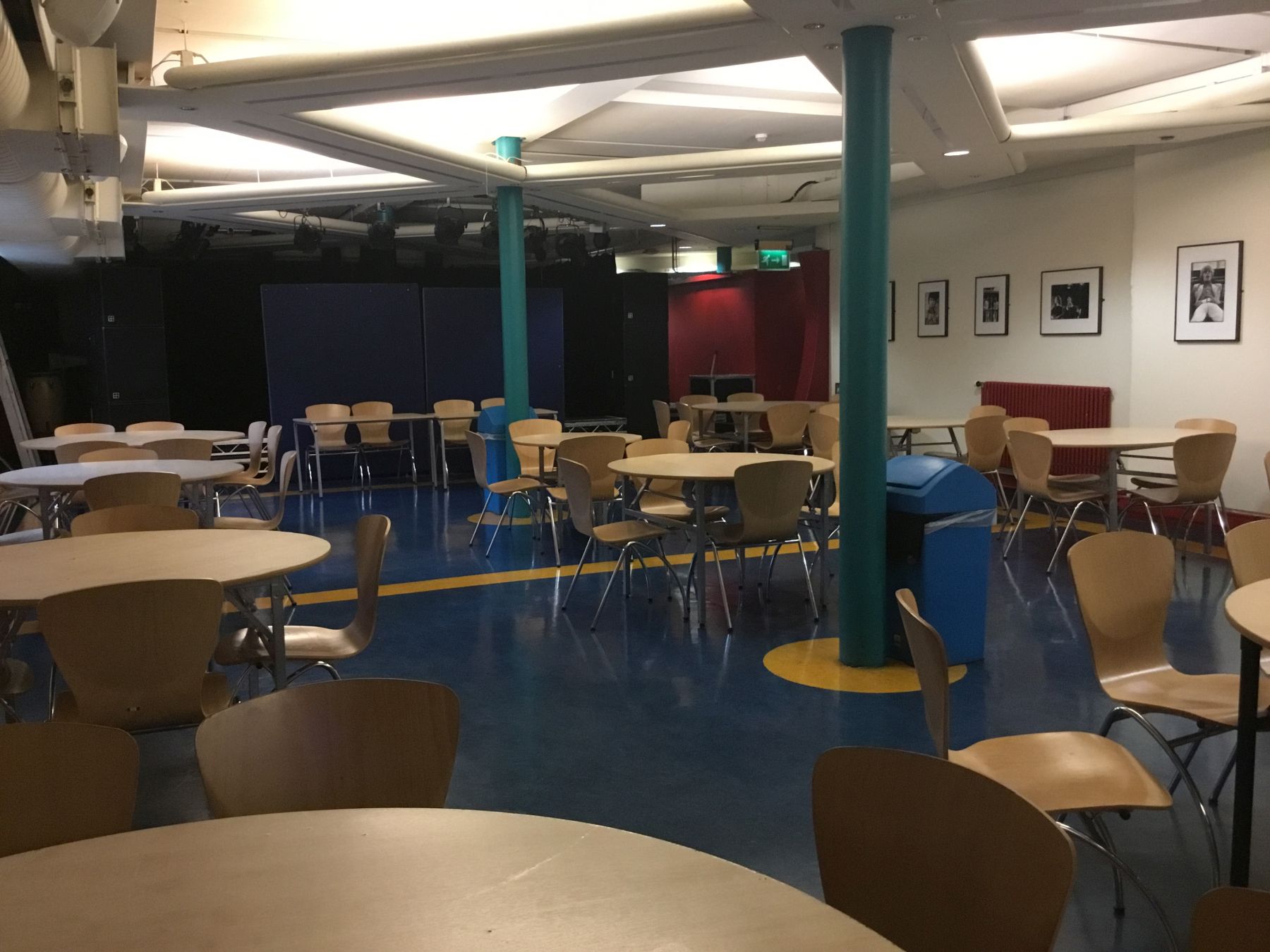Course
Overview
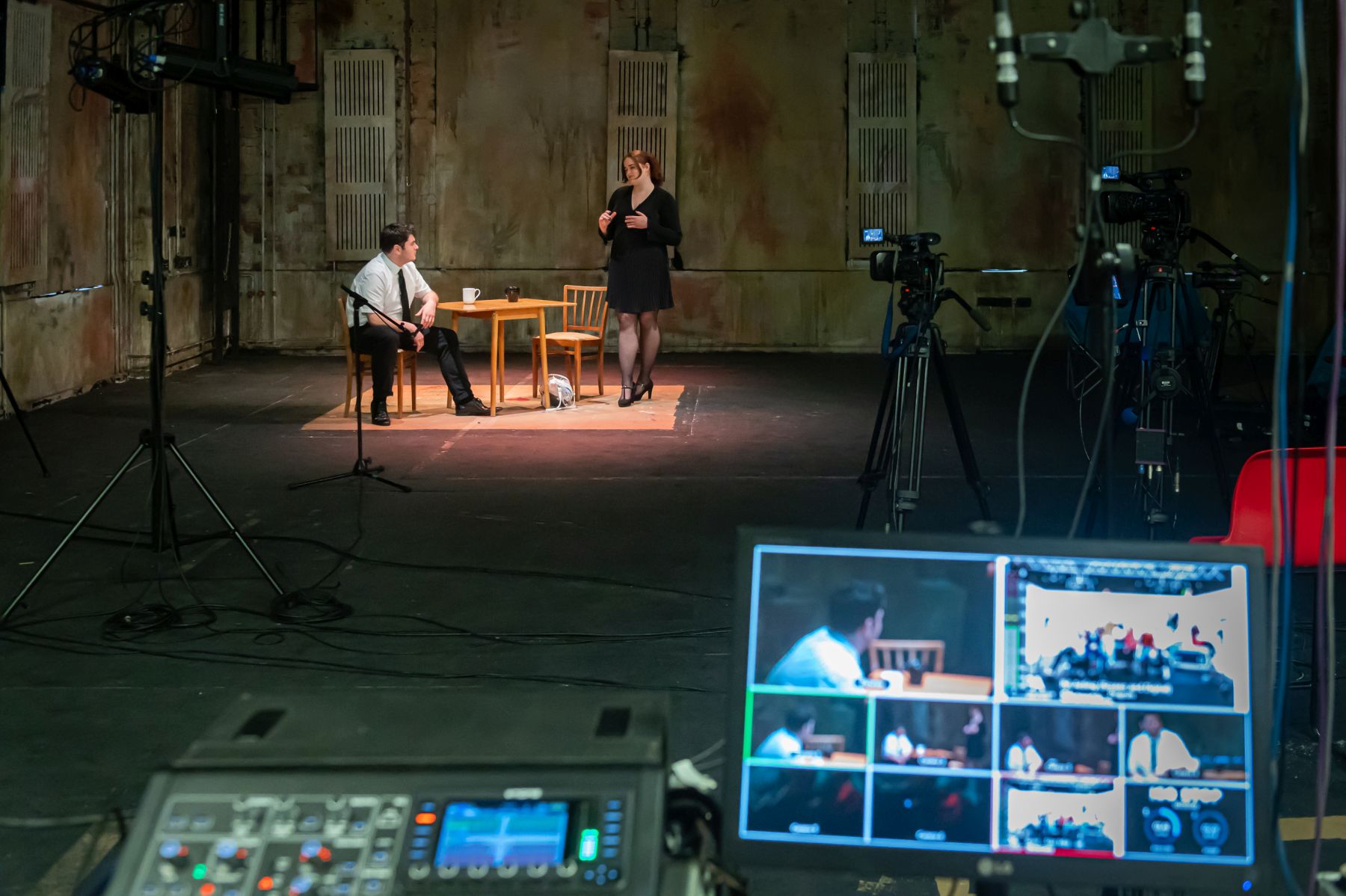
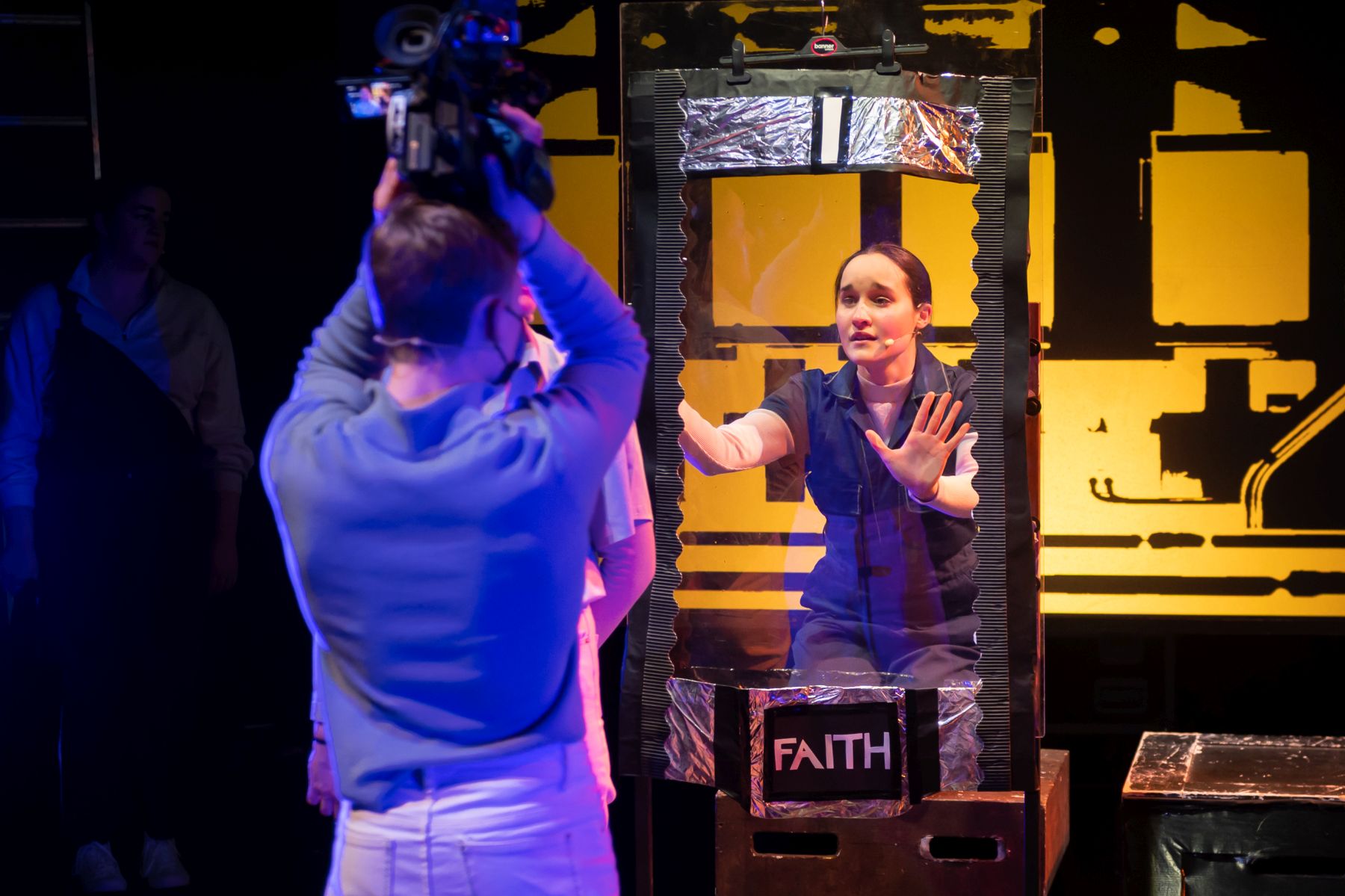
Our intensive and practical course focuses on fundamental technical acting techniques, while putting you at the cutting edge of acting for screen and digital platforms.
You work with traditional and emerging technologies to create a diverse set of skills. These include TV, film, online, voice for audio (animation, ADR, immersive audio) and motion capture (including VR). You also develop off-camera skills as a writer, director and producer while collaborating with other students on productions as you compile a varied and well-rounded professional media portfolio.

GRADUATING ACTORS 2024
It is with great pleasure that we present our graduating Actors from BA (Hons) Acting and BA (Hons) Acting (Screen & Digital Media) for 2024.
What You Will
Study
The Actor’s Preparation: Acting & Screen Principles I
In this module you develop the fundamental skills needed to prepare text and create performance for both a live audience and for screen. You examine different practitioner approaches and develop your acting skills through the contemporary re-interpretation of the Stanislavskian system. Modern texts and screenplays from a diverse range of writers provide a framework for text analysis and the application of technique in presentations to peers. The emphasis is on process and not performance. You are encouraged to move beyond self-consciousness in a collaborative and supportive atmosphere with your peers. Movement and voice studies underpin this module.
The Actor’s Preparation: Acting & Screen Principles II
This module deepens your understanding and engagement with practitioners' work. As part of an ensemble, you work on a single text from a globalised canon of work. Exploring the rehearsal process, you integrate psychological, physical, and vocal approaches to create character, while considering the boundaries of an inclusive, respectful rehearsal space. Your movement training helps you to understand weight, tension, effort, rhythm, and ‘animal’ characteristics. Voice sessions assist your understanding of vocal resonance, range, accent, speech and text. Screen acting continues challenging you to explore notions of performative size.
The Actor’s Preparation: Acting & Screen Principles III
This module develops your screen acting further as you position yourself as an auteur. You explore your own creative voice, using the short film format as a platform. You develop the technical screen production skills essential to the modern actor while working with greater independence in small groups. You gain deeper insight into a diverse range of filmmakers, developing a conversation between the technical and the creative, presented to peers in an end of year sharing.
Artistic Practice I [Shared Module across all BA Acting courses]
In this module, you will develop the necessary skills to create original work and extend your ability to work as part of a creative ensemble. Narrative and performance sessions include devised, verbatim and site-specific approaches to generating original works. As part of a small group, you create a short staged, digital or audio performance. Alongside creative skills you undertake research and development, understanding cultural perspectives and audience demographics to ensure your work is relevant to a contemporary audience. You are introduced to business and enterprise skills so you are familiar with the practicalities of staging and managing an event.
The Actor’s Process: Screen & Digital Project I
In this module you advance your technical knowledge as you consolidate practitioner approaches by applying them to a variety of studio performance forms. You experience the accelerated industry processes of studio work and its emphasis on independent decision making. You work with a director to explore a multi-cam environment for both acting and presenting, understanding the role of the performer relative to other production roles. You explore screen comedy as a heightened performance style, recognising its history, tropes and significance.
The Actor’s Process: Screen & Digital Project II
In this project you apply your developing process to heightened works, including Shakespeare, and explore the accessible technology behind live casting so you can make your own digital theatre event. You take responsibility for realising the demands of the material and are expected to identify appropriate methods and techniques for approaching historical texts. Movement supports your ability to find physical expansion and play. Vocal approaches allow you to adapt for verse and metre. Production skills training includes camera operation and vision mixing as you develop your visual storytelling techniques.
The Actor’s Process: Screen & Digital Project III
This module introduces you to the technical skills, industry requirements and creative possibilities of digital audio work for the actor, in particular when working from a home studio and an industry audio suite. You explore Voice Acting as part of a portfolio career, beginning to develop your own voice reel, containing commercials, audiobooks and podcasting. You supplement your technical skills with further production training which, along with analysis of the industry and your creativity, enables you to develop your own podcast and produce your own digital audio work. Work on audiobooks and audio drama completes the module.
Artistic Practice II [Shared Module across all BA Acting courses]
In this module you develop your creativity by researching and originating a personal performance of your choice. This could be a script submission, micro-musical or play reading, short film or screening. You investigate cultural perspectives around your chosen subject area/theme to discover the technical demands of your piece and adapt it to ensure it is original and inventive. You further your business and industry skills, including project planning and target audiences as well as honing your audition technique.
The Actor’s Performance: Professional Screen & Digital Production I
This module provides industry equivalent experience of independent film production. Working with industry filmmakers you realise a series of short films for public screening, working from story concept to picture lock. You reach professional standards and expectations, working independently to research and prepare for the production process and meet the vision of your director and creative team. You exercise your ability to demonstrate technical aptitude, professionalism, organisation, and time management skills.
The Actor’s Performance: Professional Screen & Digital Production II
In this module you work with professional theatre-makers, including students from other courses, to realise an original live multi-media public production. You experience a full-time, professional-equivalent rehearsal process and public performances with industry level expectations. You work independently to research and prepare for rehearsals and to collaborate with your director and creative team. You exercise your ability to reprise and develop your work in rehearsal while managing workloads effectively.
The Actor’s Performance: Professional Screen & Digital Production III
This module is your springboard to the creative industries. You curate a promotional digital portfolio. Having researched appropriate industry networks, you use this portfolio when contacting potential employers in preparation for your future career. You take part in a live industry showcase, generate showreels, voice reels and additional promotional material according to your career plans and employment aspirations. Work produced on this module is public-facing and can be used to secure an agent or present yourself to future employers.
Artistic Practice III [Shared Module across all BA Acting courses]
This module brings together your independent research, creative enterprise skills and professionalism as you advance your ability to develop and create new material. Supervised by a mentor, you adopt both a creative and a production role as you generate a brand-new piece of work for our annual festival of new writing. You may also improve your independent entrepreneurial and project management skills by developing a solo project.
How You Will
Study
-
Technical skills classes
-
Workshops
-
Performances
-
Seminars
-
Lectures
-
Independent study
-
Group Work
-
Masterclass
How You Will Be
Assessed
Your assessment takes place during practical classes and rehearsals, performances and your reflective journals. Overall, assessment is based on applications of technique in performance situations, either in front of a camera, an audience or in workshops.
The coursework element is focussed on your future career, your working environment and critical life skills. In your third year you undertake an optional practical or written research project. Again, career focussed and chosen by you.
Practical/written work ratio
80% practical work / 20% written course work
Validated By:

Meet The
Staff
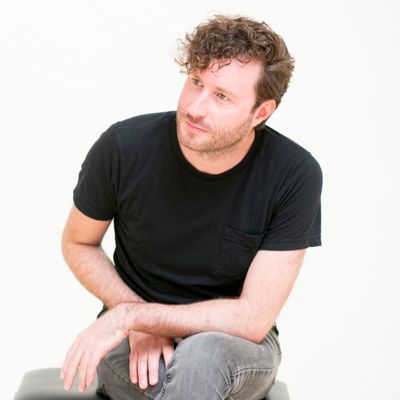
Will Hammond
Director of School of Performance
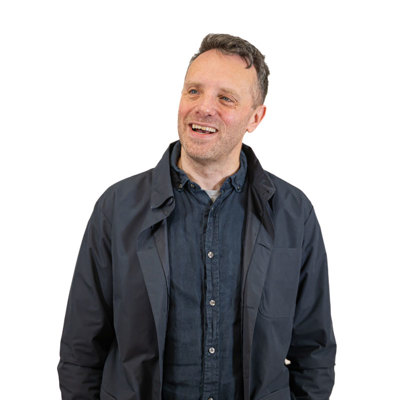
David Salter
Head of Acting (Stage & Screen)
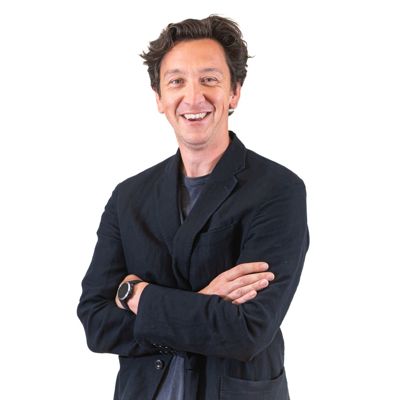
Alan Pearce
Course Leader Acting (Screen & Digital Media)

Peter Carroll
Lecturer
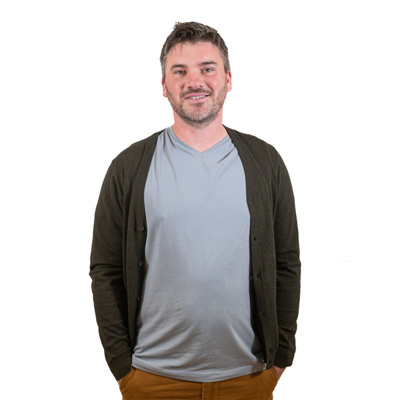
Matthew Dudley
Lecturer
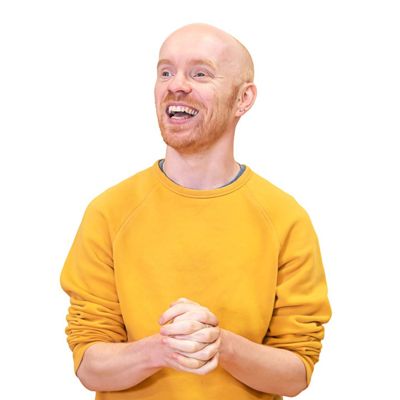
Gary Horner
Course Leader MA Acting, Lecturer & Visiting Lecturer
Sophie Mensah
Lecturer
Beth Vyse
Lecturer
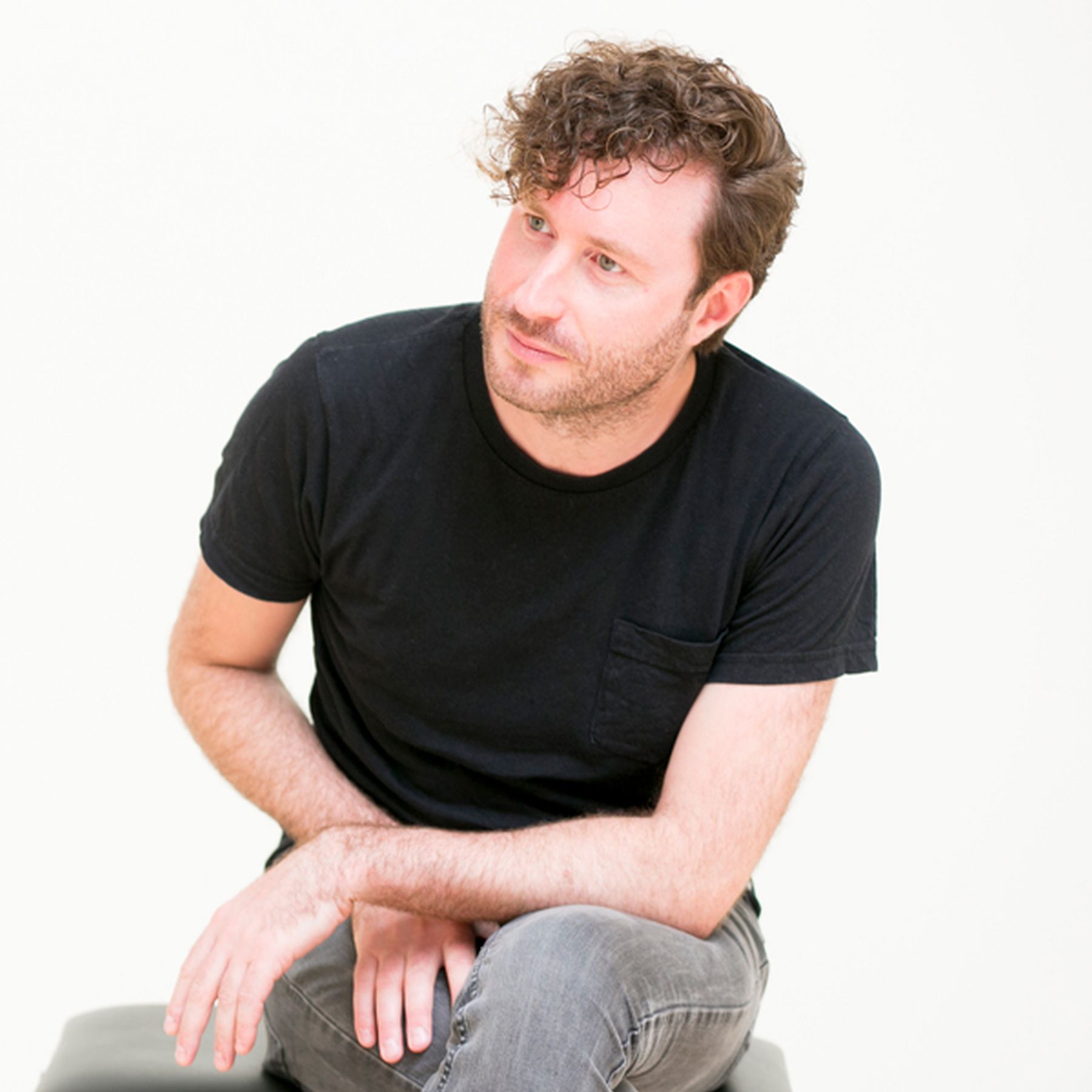
Will Hammond
Director of School of Performance
Will has worked in theatre, TV, film and radio. Having worked across mediums and platforms, Will can support students to become adaptable. His credits include the BBC, Lime Pictures, Greenwich Films, West Yorkshire Playhouse, Paines Plough, Frantic Assembly and Soho Theatre. Will has won the High Sheriff Award for New Writing from the Stephen Joseph Theatre, judged by Sir Alan Ayckbourn. He co-wrote the musical Kate and the Devil, which was shortlisted for the Stiles & Drewe Best New Song Award 2015. He feels it is important for actors to cultivate their own independent approach to acting in preparation for sustainable careers.
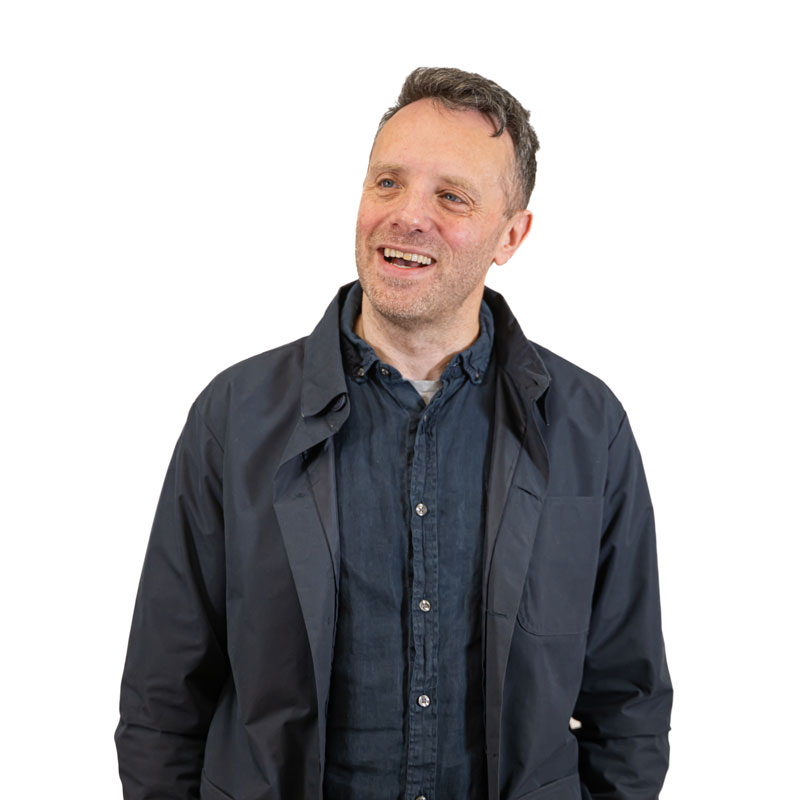
David Salter
Head of Acting (Stage & Screen)
David is an award-winning theatre director and acting teacher.
Previously he has taught and directed at a number of drama schools including RADA, Mountview, Rose Bruford College, Drama Centre, The American Academy of Performing Arts, New National Theatre Drama Studio, Tokyo and the Manchester School of Theatre, where he led the Acting Programme.
David attended the Director’s Course at the Royal National Theatre Studio and has directed productions across the UK and internationally, including Brecht’s The Life of Galileo at the Studio Theatre, Washington DC. David was associate director to Peter Stein on David Harrower’s Blackbird at the Edinburgh International Festival, to Howard Barker on his production of Scenes From An Execution at the Barbican and on numerous productions at the Almeida Theatre including Richard II with Ralph Fiennes and the world premiere of The Shape of Things with Rachel Weisz and Paul Rudd.
publications
Contributor to ‘Actor Trainers on Acting: For The Twenty First Century’ Edited by Professor Anna McNamara for Routledge (upcoming)
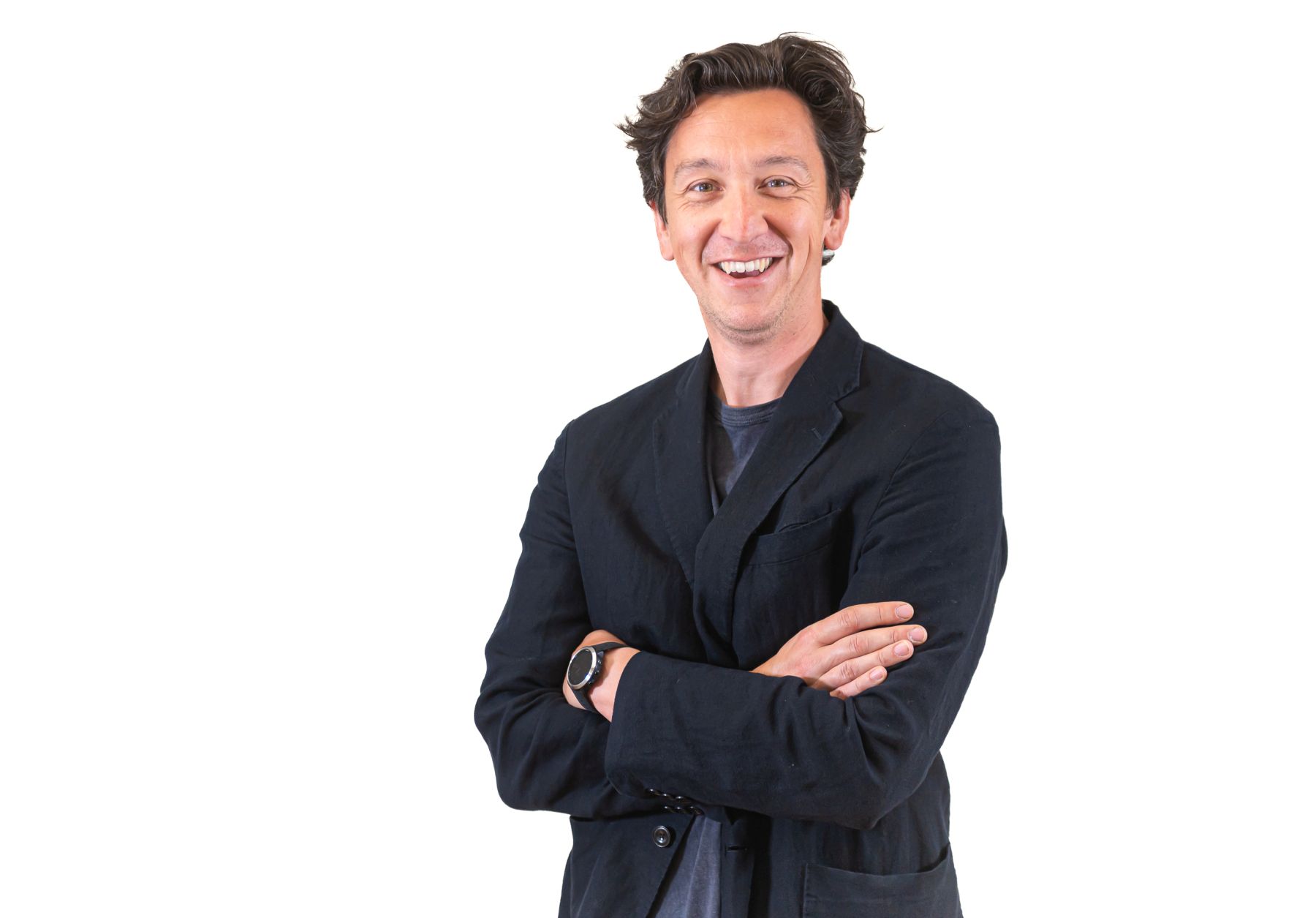
Alan Pearce
Course Leader Acting (Screen & Digital Media)
Alan has worked as an actor for 20 years; in live performance at The National Theatre for Nicholas Hynter and in the West End for Rupert Goold; on film in Star Wars: Rogue One; Darkest Hour with Gary Oldman; on TV in Black Mirror and in season 2 of His Dark Materials. Alan has taught screen acting for 10 years at LAMDA and UCA, gaining a PGCert in Arts education in 2018; writing and directing over 15 short films for training actors.

Peter Carroll
Lecturer
A graduate of both Manchester University and Manchester Metropolitan, Peter also studied and developed his craft at The Acting Studio in New York City. He has a PGCert teaching qualification and has worked extensively in both education and the wider industry as a drama facilitator, workshop deviser and acting coach. He specialises in screen acting and the Meisner Technique. He remains very active within the industry. Peter is founder and creative director of Thinking Actors - an independent training and filming support centre for actors, content creators and casting. He’s passionate about Continued Professional Development. He works closely with both emerging and established talent and his clients can be seen across major terrestrial and digital platforms.
Peter believes his job is to facilitate an actor’s ‘truth’, their voice and their uniqueness. He aims to create confident, resilient, efficient and resourceful actors who understand and embrace the very different demands of acting for camera and the development of a life and truth under imaginary circumstances.
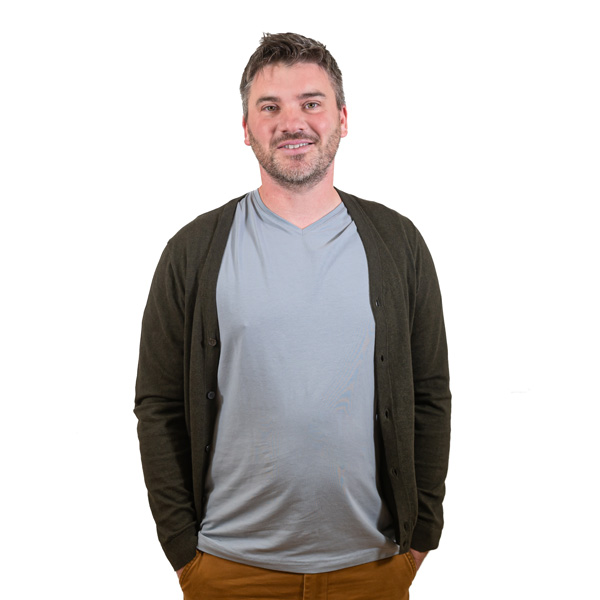
Matthew Dudley
Lecturer
Matthew has taught on and led professional training and degree programmes for over 15 years. After studying at Trinity College of Music and the Guildhall School of Music and Drama, he performed in the UK and in Europe. Matthew has taught voice, text and singing at several respected training institutions, including Guildford School of Acting and Italia Conti, and has delivered workshops throughout the UK for organisations such as Bristol Old Vic Theatre School and the British Voice Association. He is a certified Associate Teacher of Fitzmaurice Voicework and has taught on the certification programme in Los Angeles. His teaching is influenced by his study of classical and contemporary voicework, and incorporates movement work, mindfulness and concepts taken from his study of psychotherapeutic modalities.
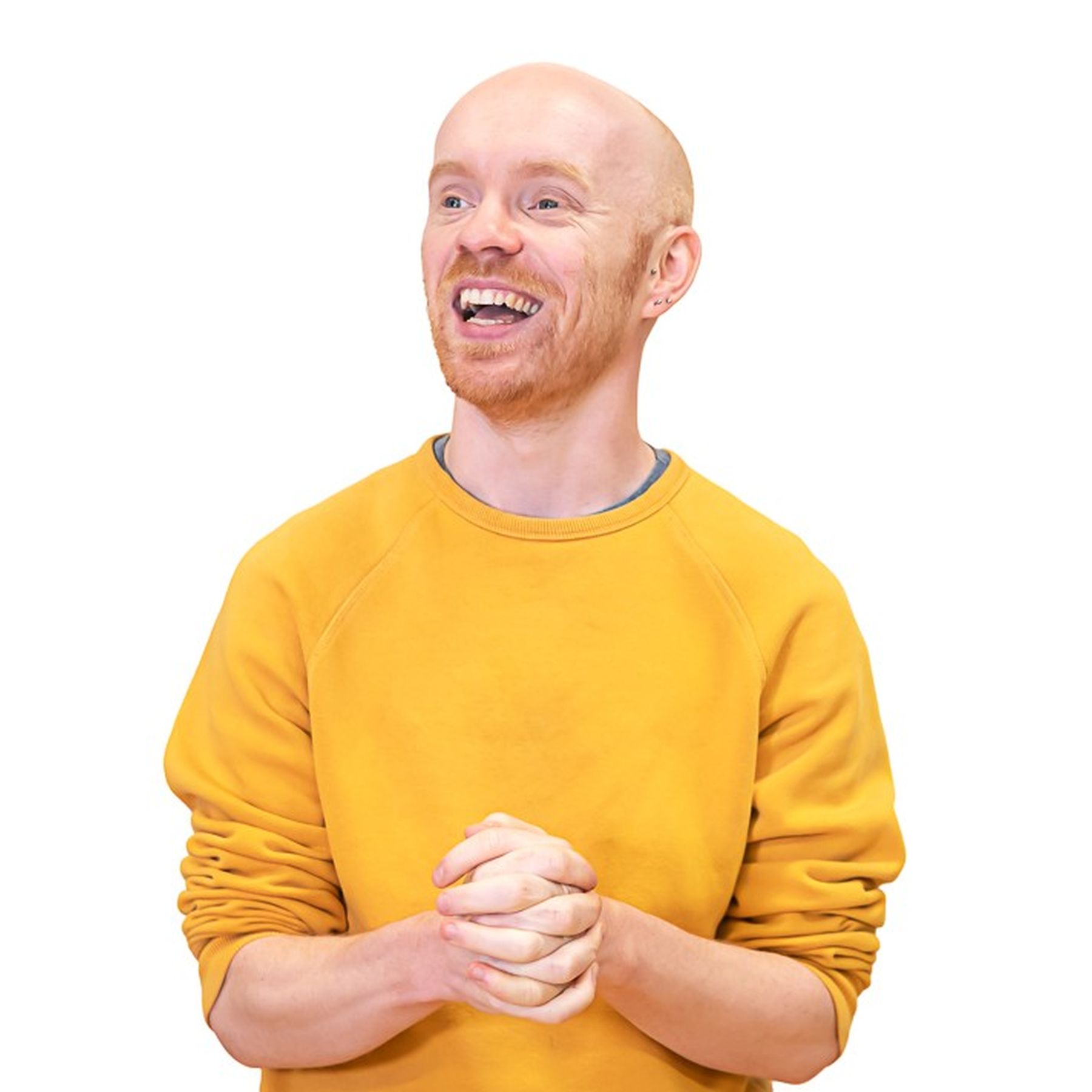
Gary Horner
Course Leader MA Acting, Lecturer & Visiting Lecturer
Gary trained as an actor at Guildford School of Acting before going on to work professionally throughout the UK. Subsequently he went on to gain his MA from The Royal Central School of Speech and Drama in Voice studies and trained intensively with author of Freeing the Natural Voice, Kristin Linklater to become a designated Linklater teacher. Gary is an internationally recognised voice coach and director and has worked extensively within the UK Drama School sector.
Alongside being the course leader for the MA in Acting (Company) at LIPA, Gary continues to work professionally as a voice coach and director. Mostly recently, Gary was an associate voice coach on Henry VI part 3 at The Royal Shakespeare Company. Prior to this some of Gary’s credits include Matilda the musical (Cambridge Theatre, London), Acts of Resistance (Bristol Old Vic), The Boy with Two Hearts (Wales Millennium Centre / The Royal National Theatre), Brainstorm (The Royal National Theatre), Sour Lips (Oval House Theatre), The Arsonists (Watford Palace Theatre), Bush Bazaar (The Bush Theatre), Romeo and Juliet (The Chocolate Factory), Titus Andronicus (Bedlam Theatre/UK TOUR), In His Image (Hampstead Theatre), Reverie (Pleasance Theatre), Hello, Mr Capello (Watford Palace Theatre).
Gary oversees the development and delivery of the MA Acting (Company) course, as well as delivering across the BA and Foundation courses within the Acting department. He directs projects, final year productions and teaches technical voice and voice into text.
Working within the theatre industry with some of the biggest theatre companies and theatres around the UK allows Gary to understand the current trends within the professional sphere and ensures that the training he delivers at LIPA is relevant and fully prepares students for entering into the acting industry.
Publications/research
A non-elitist approach to Professional Development in Actor Training - Drama and Theatre Publication – Summer Term 1 – 2019/20 (Publication)
Northern Centre for Voice and Movement bringing Cultural Capital to a forgotten land – International Network for Voice Symposium – 2019 (Presentation)
Sophie Mensah
Lecturer
Sophie Mensah is a professional actress with experience in theatre, television, and film as well as voiceover and extensive work in corporate role play. She is a member of Spotlight, Equity and a proud member of The Actors Benevolent Fund.
Sophie has taught as a freelance acting teacher at institutions such as The Royal Central School of Speech and Drama, East 15 Acting School, St Mary’s University and more. She has extensive experience in coaching actors in their audition technique. She specialises in text analysis and developing the actor’s personal methods of approaching and developing a character.
Sophie has an MA in Actor Training and Coaching from the royal Central School of Speech and Drama and studied a BA Hons in Acting at E15.
Beth Vyse
Lecturer
Beth is a critically acclaimed and award-winning creator/performer. She recently finished an international tour of her own show As Funny As Cancer, she also has national and regional theatre, global RSC, BBC, and ITV credits to her name. Over the last 20 years she has worked tirelessly within an industry she adores to become an established comedian, director, and lecturer – sharing her wealth of experience to help educate and encourage those with her shared passion for performance.
What Our
Graduates Do
We expect that graduates from this new course will be contemporary screen actors capable of creating employment for themselves and others in today’s recorded and digital world. Your likely future work will be as performers in TV, film, ADR, scripted reality, virtual reality, motion capture, gaming and online. Other career outcomes will be as TV presenters, online influencers, directors, scriptwriters, content creators and podcasters.
Educational qualifications are important but limited in what they can tell us about you.
Your natural ability, your fit with what and how we teach, your growth and your potential are also key factors in our admission process. We can’t evaluate these solely on your educational achievements, so no matter which course you are applying for, we look for the following attributes on your application and at the interview stage.
Additional Costs
As part of this course, there are likely to be some additional costs that are not included within your tuition fees. Many of these are optional. We’ve also included information about cost of living expenses in Liverpool in this section. After you accept our offer, we'll send you a list of books and equipment that we'd like you to bring. We recommend that you bring specific clothing and footwear for your practical classes. These are standard items of clothing that you will need as a working actor.
Here are the key course-related costs that we'd expect you to pay during your three years with us, in addition to your tuition fees:
Headshots and joining Spotlight
Headshots are vital marketing tools. In your final year, you need to invest in headshots to present yourself as a professional. We encourage you to undertake research into which photographer to work with. Our students typically pay around £80 to £120 for their headshots. Professionally taken headshots can cost over £300 in London. It is compulsory for you to supply a headshot so you can take part in the showcases which are an assessed part of the course.
Being a member of Spotlight is important for finding work in the UK, so you will need to join in your final year. (The Actors Spotlight Membership fee costs just over £150).
Trips and training courses
As part of the various modules on the programme, some class trips may be offered to help support your learning. Some of these will form part of the curriculum but most will be important additions to your work. Some trips may be free or subsidised but you may be required to cover some costs yourself. Please allow up to £100 for these throughout the year.
Seeing shows
You should see live performances as often as you can. This is not compulsory, but it will help your development as a creative practitioner. Trips to the theatre and live events are not covered by your tuition fees, so you'll need to cover these costs yourself. We are occasionally offered a limited number of free or discounted tickets for shows in the city. We also encourage you to see LIPA shows. We offer discounted student tickets to make this as affordable as possible.
Portfolio
At the end of Year Three you are required to create a professional standard portfolio. There are inevitably printing and binding costs associated with this task, but most people see it as an important investment for their future career. You may also want to include head shots. We encourage you to undertake research into which photographer to work with. Our students typically pay around £80 to £120 for their headshots. Professionally-taken headshots can cost over £300 in London.
Project Work
While developing some of your projects, you may incur costs related to transport or accommodation. This will depend on the nature of your projects and the research you wish to carry out in order to produce them.
Cost of living
Wherever you choose to study, you'll have to budget for accommodation and other everyday living expenses, such as food and bills.
Liverpool is one the UK's cheapest student cities. Accommodation costs are relatively low, particularly compared to the south east of England, and the city's shops and entertainment venues also have lots of student discounts.
We’d recommend completing a simple budget plan to predict your income and outgoings. This should include accommodation, bills, insurance, TV licence, food, laundry, clothes, books, travel and socialising. How much you'll want to spend on a lot of these is completely personal.
There is lots of advice available online about budgeting:
- UCAS budget calculator is a great tool to help you balance your in-comings and out-goings.
- SaveTheStudent provides useful information on student money resources, including loans, budgeting, and scholarship sources.
Most UK students will be able to take out a maintenance loan to assist with living costs and there are some grants available. We also offer some bursaries. To find out more, please see Student Finance and bursaries.
Because our courses are intensive and we have a busy season of student performances, options for part-time work during our teaching periods can be limited. However, many of our students gain flexible part-time work, in performance venues, shops, restaurants and bars. We also provide casual work opportunities for our students ranging from stewarding work on our productions to working with young people to help us widen access to our courses. The long summer break is when many of our students choose to work.
Additional Costs
As part of this course, there are likely to be some additional costs that are not included within your tuition fees. Many of these are optional. We’ve also included information about cost of living expenses in Liverpool in this section. After you accept our offer, we'll send you a list of books and equipment that we'd like you to bring. We recommend that you bring specific clothing and footwear for your practical classes. These are standard items of clothing that you will need as a working actor.
Here are the key course-related costs that we'd expect you to pay during your three years with us, in addition to your tuition fees:
Headshots and joining Spotlight
Headshots are vital marketing tools. In your final year, you need to invest in headshots to present yourself as a professional. We encourage you to undertake research into which photographer to work with. Our students typically pay around £80 to £120 for their headshots. Professionally taken headshots can cost over £300 in London. It is compulsory for you to supply a headshot so you can take part in the showcases which are an assessed part of the course.
Being a member of Spotlight is important for finding work in the UK, so you will need to join in your final year. (The Actors Spotlight Membership fee costs just over £150).
Trips and training courses
As part of the various modules on the programme, some class trips may be offered to help support your learning. Some of these will form part of the curriculum but most will be important additions to your work. Some trips may be free or subsidised but you may be required to cover some costs yourself. Please allow up to £100 for these throughout the year.
Seeing shows
You should see live performances as often as you can. This is not compulsory, but it will help your development as a creative practitioner. Trips to the theatre and live events are not covered by your tuition fees, so you'll need to cover these costs yourself. We are occasionally offered a limited number of free or discounted tickets for shows in the city. We also encourage you to see LIPA shows. We offer discounted student tickets to make this as affordable as possible.
Portfolio
At the end of Year Three you are required to create a professional standard portfolio. There are inevitably printing and binding costs associated with this task, but most people see it as an important investment for their future career. You may also want to include head shots. We encourage you to undertake research into which photographer to work with. Our students typically pay around £80 to £120 for their headshots. Professionally-taken headshots can cost over £300 in London.
Project Work
While developing some of your projects, you may incur costs related to transport or accommodation. This will depend on the nature of your projects and the research you wish to carry out in order to produce them.
Cost of living
Wherever you choose to study, you'll have to budget for accommodation and other everyday living expenses, such as food and bills.
Liverpool is one the UK's cheapest student cities. Accommodation costs are relatively low, particularly compared to the south east of England, and the city's shops and entertainment venues also have lots of student discounts.
We’d recommend completing a simple budget plan to predict your income and outgoings. This should include accommodation, bills, insurance, TV licence, food, laundry, clothes, books, travel and socialising. How much you'll want to spend on a lot of these is completely personal.
There is lots of advice available online about budgeting:
- UCAS budget calculator is a great tool to help you balance your in-comings and out-goings.
- SaveTheStudent provides useful information on student money resources, including loans, budgeting, and scholarship sources.
Most UK students will be able to take out a maintenance loan to assist with living costs and there are some grants available. We also offer some bursaries. To find out more, please see Student Finance and bursaries.
Because our courses are intensive and we have a busy season of student performances, options for part-time work during our teaching periods can be limited. However, many of our students gain flexible part-time work, in performance venues, shops, restaurants and bars. We also provide casual work opportunities for our students ranging from stewarding work on our productions to working with young people to help us widen access to our courses. The long summer break is when many of our students choose to work.
View the programme specification on the LJMU course catalogue here

